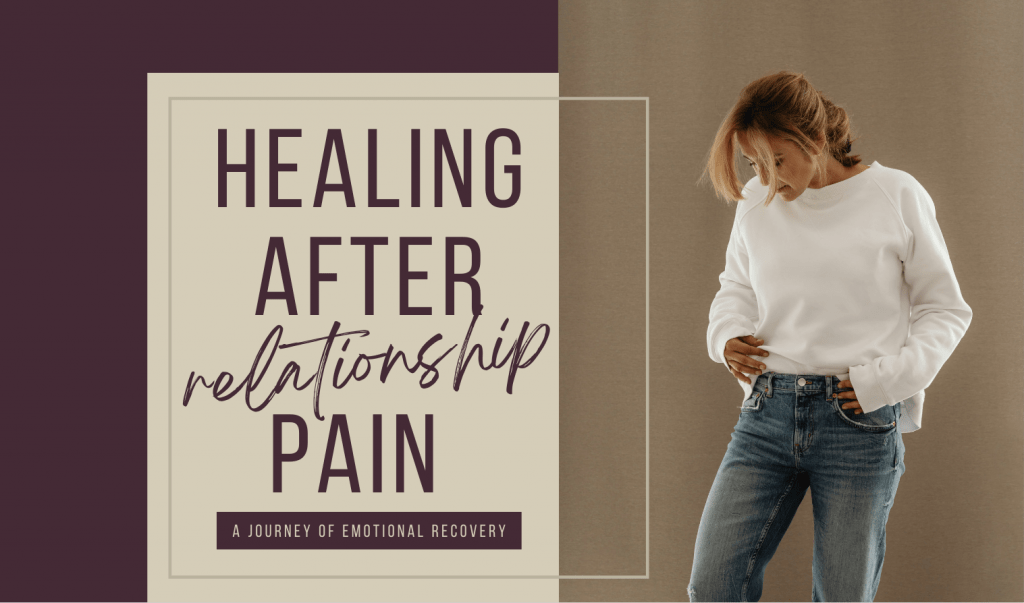You made it to work today. You showed up, responded to emails, had conversations. From the outside, you’re doing fine.
But this morning? This morning you hit snooze four times—not because you were tired, but because facing the day felt unbearable. The shower took forever because you couldn’t find the energy to move. Getting dressed meant grabbing whatever was easiest. And now you’re here, going through the motions, while your brain quietly insists that everything is just… too much.
This is hidden depression. It’s not always dramatic breakdowns or days spent in bed. Sometimes it’s just showing up to your life while feeling like you’re dragging an invisible weight that makes the smallest tasks feel impossible.

When Simple Tasks Stop Being Simple
There’s an exhaustion that comes with depression that has nothing to do with how much you slept last night. It’s deeper than that.
The shower becomes a negotiation. You know you need to shower. You might even want to feel clean. But somehow the gap between thinking about it and actually doing it feels impossibly wide. So you wait. And wait. Sometimes until tomorrow.
Text messages pile up. Not because you don’t care about the people who sent them. You do. But responding requires energy you just don’t have. Every notification adds another layer of guilt that you can’t seem to shake.
Deciding what to eat feels overwhelming. When someone asks what you want for dinner, your mind goes blank. Not because nothing sounds good but because every option requires thought and effort you can’t access.
Your living space tells the story. Clean laundry sits in the basket for days. Dishes accumulate. Things that used to take ten minutes now feel like they’d take hours, so they don’t get done.
Social invitations fill you with dread. Even things you used to enjoy. Part of you wants to go, but a bigger part knows that getting there, being “on,” pretending you’re fine—it’ll drain whatever tiny reserves you have left.
The Battle No One Sees
Here’s the thing about hidden depression: you’ve gotten really good at hiding it.
You’ve perfected the “I’m fine” response. You know how to deflect concern and change the subject before anyone digs too deep. At work, you’re still meeting deadlines, but nobody knows it’s taking three times longer than it used to. They don’t see you staring blankly at your screen, trying to force your brain to cooperate.
In social situations, you’re nodding, laughing when you should, but you feel disconnected. Like you’re watching everything from behind a wall of glass.
And when you get home, when nobody’s watching, you collapse. The mask comes off and you’re left with how exhausting it is to just seem okay.
What Depression Actually Feels Like
Let’s clear something up: depression doesn’t always look the way people think it does.
It’s not always sadness. Sometimes it’s numbness. Looking at things that used to make you happy and feeling… nothing. Not sad. Not anything. Just empty.
It’s not always visible. You can be depressed and still function. Go to work. Maintain relationships. Even laugh. Depression doesn’t stop you from showing up but it just makes showing up exponentially harder.
It’s not the same as a bad day. Everyone has off days. Depression is when that feeling doesn’t lift. When it’s there every single morning. When you’ve been “pushing through” for so long that you can’t push anymore.
It’s not about your life circumstances. You can have everything you thought you wanted and still be depressed. Depression isn’t logical. It doesn’t care if your life looks good from the outside.
It’s not weakness. It’s a medical condition. Your brain chemistry is affected. It’s not about willpower or gratitude or trying harder.
Signs You Might Be Struggling
Maybe you’ve been brushing off what you’re experiencing. Telling yourself you’re just stressed or tired or in a rut. But see if any of this sounds familiar:
Things you used to enjoy don’t interest you anymore. Not because you’re too busy—you just can’t find the motivation or see the point.
You’re either sleeping too much or barely sleeping at all. Either way, you wake up exhausted.
You’re withdrawing. Declining invitations, not responding to texts, canceling plans because connecting with people feels like more than you can handle.
Small setbacks feel massive. Spilling coffee or forgetting something can derail your entire day.
You’re irritable. Everything annoys you. People annoy you. You’re not usually like this, but lately your patience is nonexistent.
You can’t remember the last time you felt excited about anything. There’s no anticipation. Just flatness stretching out in every direction.
Days blur together. Weeks pass and you can’t account for where they went. You’re on autopilot, not really present for your own life.

Why “Just Try Harder” Doesn’t Help
Here’s what doesn’t help: people telling you to exercise more, think positive, or just push through it.
It’s not that those things can’t help eventually. But when you’re in it, that advice feels like being told to run a marathon when you can barely stand.
You’re already trying. Getting out of bed? That’s trying. Going to work? That’s trying. Maintaining any relationships at all? That’s trying.
The problem isn’t effort. The problem is that something is genuinely wrong, and it needs actual support to get better.
Depression affects your brain chemistry—the neurotransmitters responsible for motivation, pleasure, and energy. When they’re not working right, everything becomes harder. That’s not you being weak. That’s your brain dealing with a real medical condition.
You Don’t Have to Carry This Alone
The hardest part of hidden depression is often the hiding itself. You’re carrying something heavy by yourself because admitting it feels scary.
What if people don’t understand? What if they think you’re being dramatic? What if they tell you to just snap out of it?
But hiding isn’t protecting you. It’s isolating you. And isolation makes everything worse.
You don’t have to tell everyone. But telling someone like a friend, a family member, a therapist, can be the beginning of it getting better.
How Therapy Actually Helps
Therapy isn’t someone telling you to look on the bright side. It’s real support from someone trained to help.
You’ll learn to recognize the lies depression tells you. The thoughts that say you’re worthless, that nothing will improve, that you’re a burden because those are symptoms, not truth. Therapy helps you see the difference.
You’ll develop practical strategies for managing hard days. Breaking overwhelming tasks into smaller steps. Building routines that actually support you. Learning what your triggers are and how to respond to them.
You’ll have a space where you don’t have to pretend. Where you can be honest about how hard things really are without judgment.
You’ll explore what’s underneath. Sometimes depression connects to past experiences or unprocessed stuff. Sometimes it’s purely biological. Either way, understanding what’s contributing helps you address it.
And you’ll rediscover that change is possible. When you’re depressed, it’s hard to imagine feeling different. Therapy helps you see a way forward and then walk you through getting there.
Life Can Feel Lighter
If every day feels like a mountain, if you’re exhausted from pretending, if you can’t remember when things felt easy—this doesn’t have to be permanent.
Depression wants you to believe nothing will change. But it can. With the right support, tasks become manageable again. You reconnect with yourself. You remember what it’s like to not fight so hard just to function.
You deserve to wake up without dreading the day. You deserve simple things to feel simple again. You deserve support.
At Tampa Counseling Place, we get it. We’ve worked with so many people who look fine on the outside while struggling on the inside. We know what hidden depression feels like, and we know how to help.

Ready to Take the First Step?
Reaching out is hard when everything feels hard. But it’s also how things start getting lighter.
Contact us today to schedule a session. You don’t need to have it all figured out or know exactly what to say. You just need to show up, and we’ll take it from there.
You’ve been climbing alone long enough. Let us walk alongside you.





